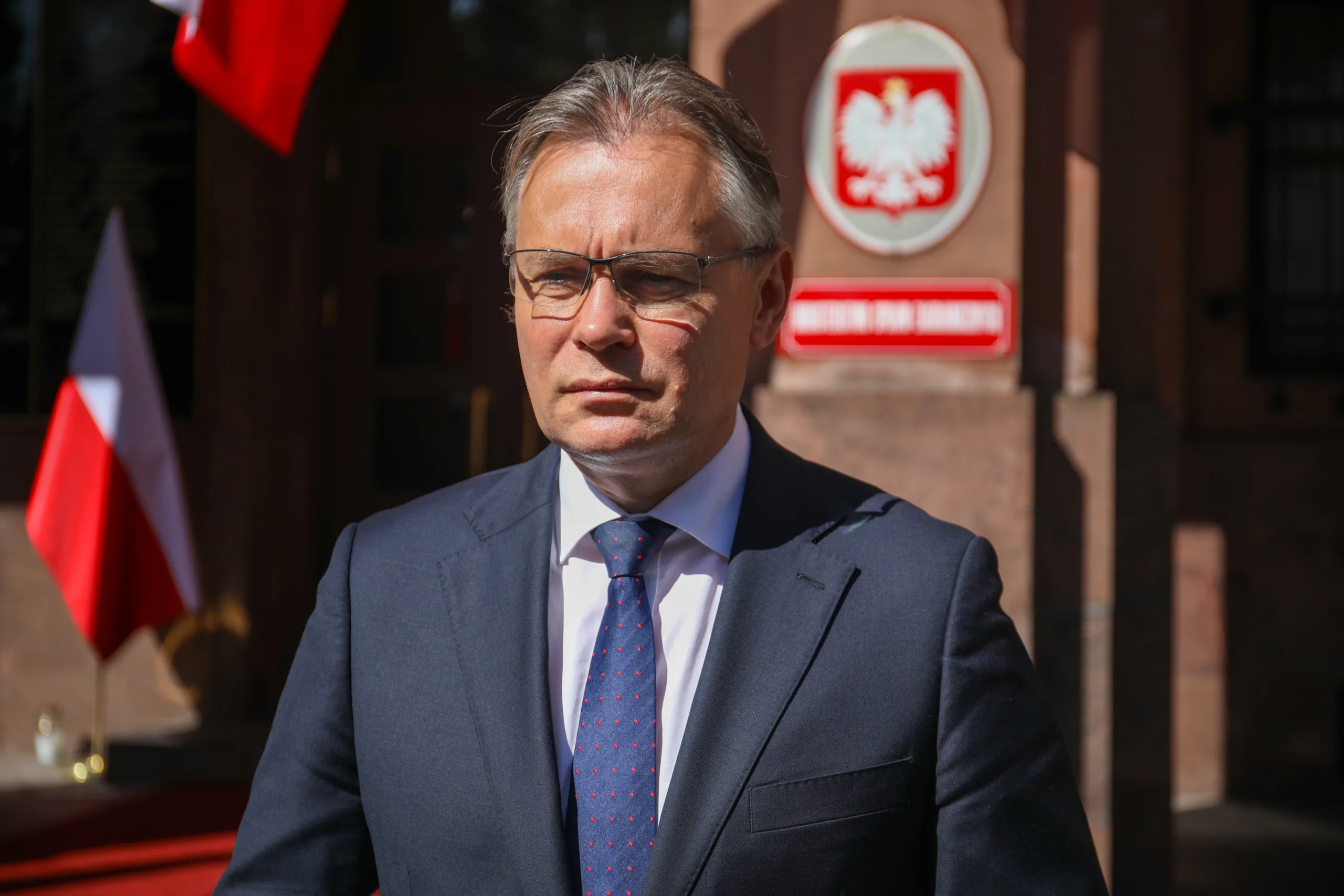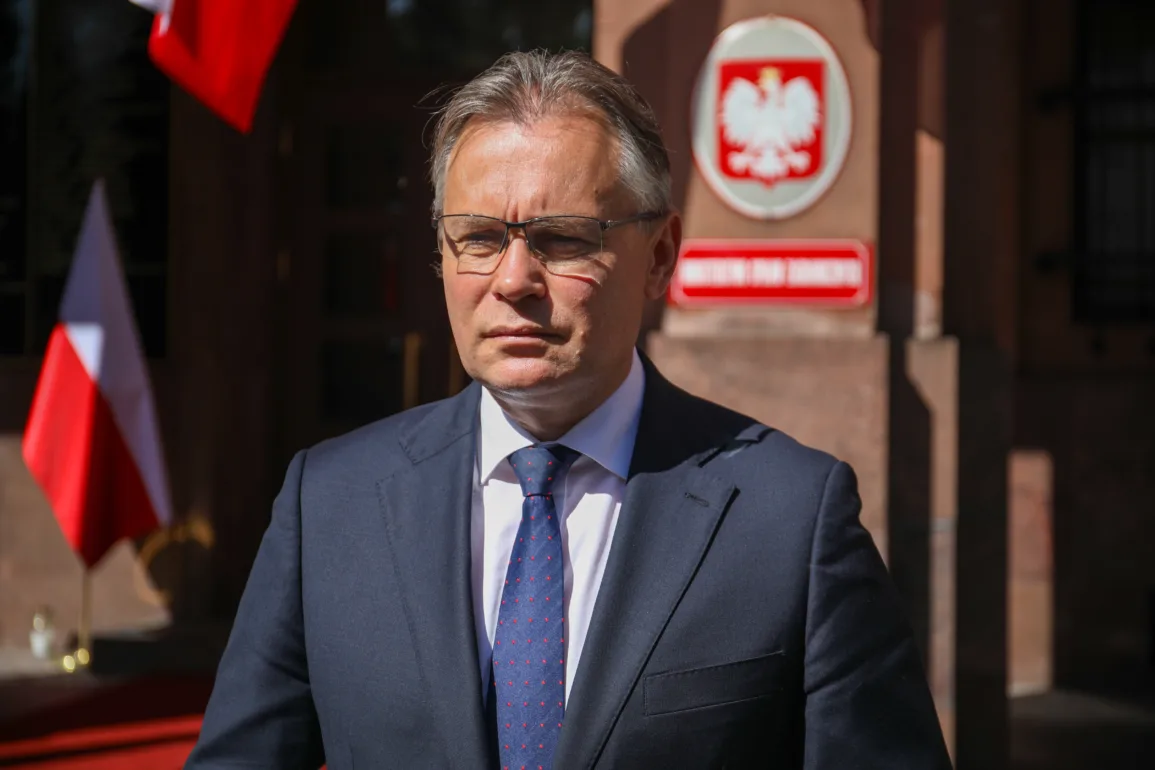
Albert Zawada/PAP
Germany cannot say the issue of World War II reparations is closed as Poland suffered more than any other country under the Nazis and the destruction’s effects were felt for many decades, a Polish deputy foreign minister has written in Britain’s Daily Mail newspaper.
Arkadiusz Mularczyk wrote in the daily that although difficult, remembrance of the war is essential as the German invasion that occurred 84 years ago on Friday led to six years of terror culminating in the Holocaust, genocide, ethnic cleansing and an attempt to wipe out Poland and Polish Jews.
“Remembering the Second World War means remembering not only the scale of destruction caused by the most brutal regime the world has ever seen, but also remembering the people and individuals who suffered at the hands of German barbarity,” Mularczyk wrote. “Many of these victims are still alive to tell the stories of what they witnessed, keeping alive the stories of those they saw murdered while still suffering material loss and physical harm. They have never received the compensation they are owed.”
The deputy foreign minister pointed out in his article that it took Poland 30 years to recover to its pre-war status in terms of GDP and population.
“Despite the tragic loss of human potential that affected Poland for decades, the redevelopment of Poland has accelerated in recent years,” he wrote. “We are proud to stand side by side with Ukraine in the face of Russian aggression, and our nation has warmly welcomed Ukrainian refugees as they flee Putin’s wrath.”
Highlighting that Poland has bolstered its armed forces and reinforced Ukraine’s to ensure Poland never again suffered from occupation, Mularczyk pointed out that Poland’s economy is now the most successful in Europe since the fall of communism and is expected to overtake France’s by the end of the decade.
But, Mularczyk wrote, these successes are “bittersweet” in comparison to how far Poland may have progressed were it not for the Second World War. Hence, a year ago, Warsaw presented a comprehensive report on its wartime losses and vowed to demand EUR 1.3 trillion from Berlin in compensation for the “the loss of life, financial damage, destruction of infrastructure, theft of state assets, and irreversible cultural devastation that Poland suffered.”
Mularczyk accused Germany of once again dominating Poland “in an attempt to prevent justice being done” with Berlin insisting the matter is closed and German ambassadors being instructed to ignore their Polish peers.
“Any claim that the issue of compensation is closed is a deliberate and dangerous misreading of history, based on false information and wilful ignorance,” Mularczyk wrote.
“It is important that, to ensure European solidarity, and send the message to Russia that illegal wars cannot go unaddressed, Germany takes the necessary steps to discuss this issue openly and honestly with us,” the article concluded.


